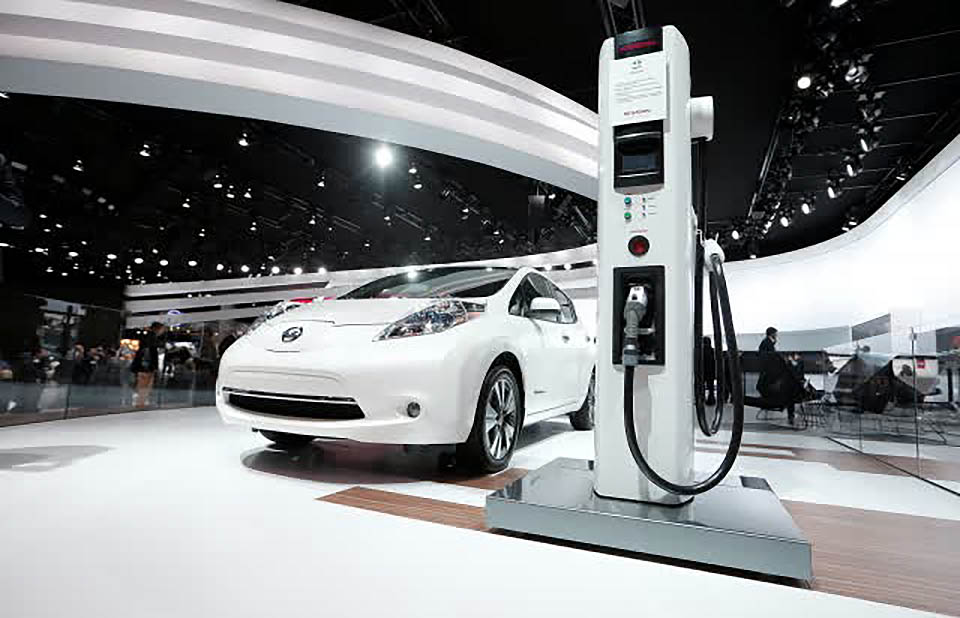
Deputy Finance Minister Santi Prompat said the Ministry of Finance is considering revising import duty rates for electric vehicles (EV) to make electrified cars more affordable.
He said the ministry aims to enable Thai people to own an electric vehicle at a reasonable price as part of the country’s EV promotion policy and environmental policy.
Currently, Thailand’s EV import tax rates are based on where the EVs are from. Evs imported from China enter the country with a 0% tax rate under a bilateral agreement between Thailand and China.
Most EVs from Japan are subject to an 80% rate as Japanese vehicles exceed the level required to qualify for the lower rate, while only some EVs from Japan are subject to a 20% tax rate under the Japan-Thailand Economic Partnership Agreement.
Meanwhile, EVs imported from South Korea are added with a 40% import tax, and EVs imported from Europe face an 80% import tax.
Deputy Minister Santi said the first phase of the government’s EV promotion policy is focusing on imported EVs and will be expanded to cover EVs made in the country.
He said the government is hearing opinions from related parties including consumers, producers, and others. After the EV promotion policy is concluded, the ministry will forward it to the cabinet.
Mr. Santi also revealed that previously, EV battery prices were as high as 200,000 baht, but they are down to between 70,000 and 80,000 baht. Meanwhile, countries like Germany, China, and Israel have set up EV battery plants in Thailand.
By 2022, car companies and consumers should be informed by the government about its EV promotion policy which is expected to be highly beneficial to all parties.
According to Minister of Finance, Arkhom Termpittayapaisith, the government plans to cooperate with car companies in Thailand to lower the prices of their EVs and produce them locally within three years for both domestic and export markets. This way automakers will be able to obtain combined tax incentives and price subsidy support.
Meanwhile, the price subsidy measure is due for this year to support consumers who want to purchase fully electric vehicles.
In addition, the government set a deadline of 10 years for Thailand’s auto sector to transition from fossil fuel-powered vehicles to EVs, starting from 2022. However, Thailand now has some 40 million registered vehicles that use combustion engines. (NNT)
 |
 |
 |





